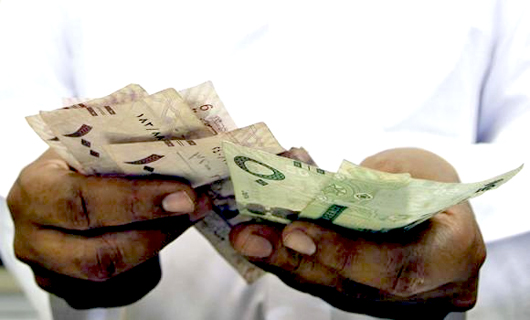Jeddah, Dec 31: Major modifications will be made to the Saudi Payment Network System (SPAN) in 2015 to increase efficiency and reduce costs for banks, merchants and consumers, and counter the smuggling of cash. It would eventually also allow for withdrawals at point-of-sale (POS) terminals, and getting money from ATMs without cards.

The new system, to be renamed Mada, will connect ATMs and POS terminals throughout the country to a central payment switch that in turn re-routes the financial transactions between banks of merchants and customers.
The Saudi Arabian Monetary Agency is now testing the system. Sources indicate that it would create changes in consumer culture, including serving as an incentive to save by reducing the usage of cash, and encouraging greater spending via bank cards.
The new system will include additional services for customers, which will be implemented gradually over the coming years. These include the possibility of withdrawing from ATMs without a card, obtaining prepaid cards loaded with amounts as per clients’ request, facilitating electronic payments for purchasing tickets, and cash-back options from tellers and shops to reduce pressure on ATMs.
The system will also permit the transfer of funds to customers outside the Kingdom who carry the same type of cards, without the deduction of transfer fees. It will also allow transfers to accounts at other banks, and better verification of the income of businesses to impose fees or taxes more systematically.
Sources indicate the system will help reduce costs on banks and shops, given the significant amount of electronic trading, as well as facilitate buying, selling, and transfer of funds within and outside the Kingdom. There will be no limits on the number of times ATM cards can be used, and no usage, annual, or balance inquiry fees.




Comments
Add new comment